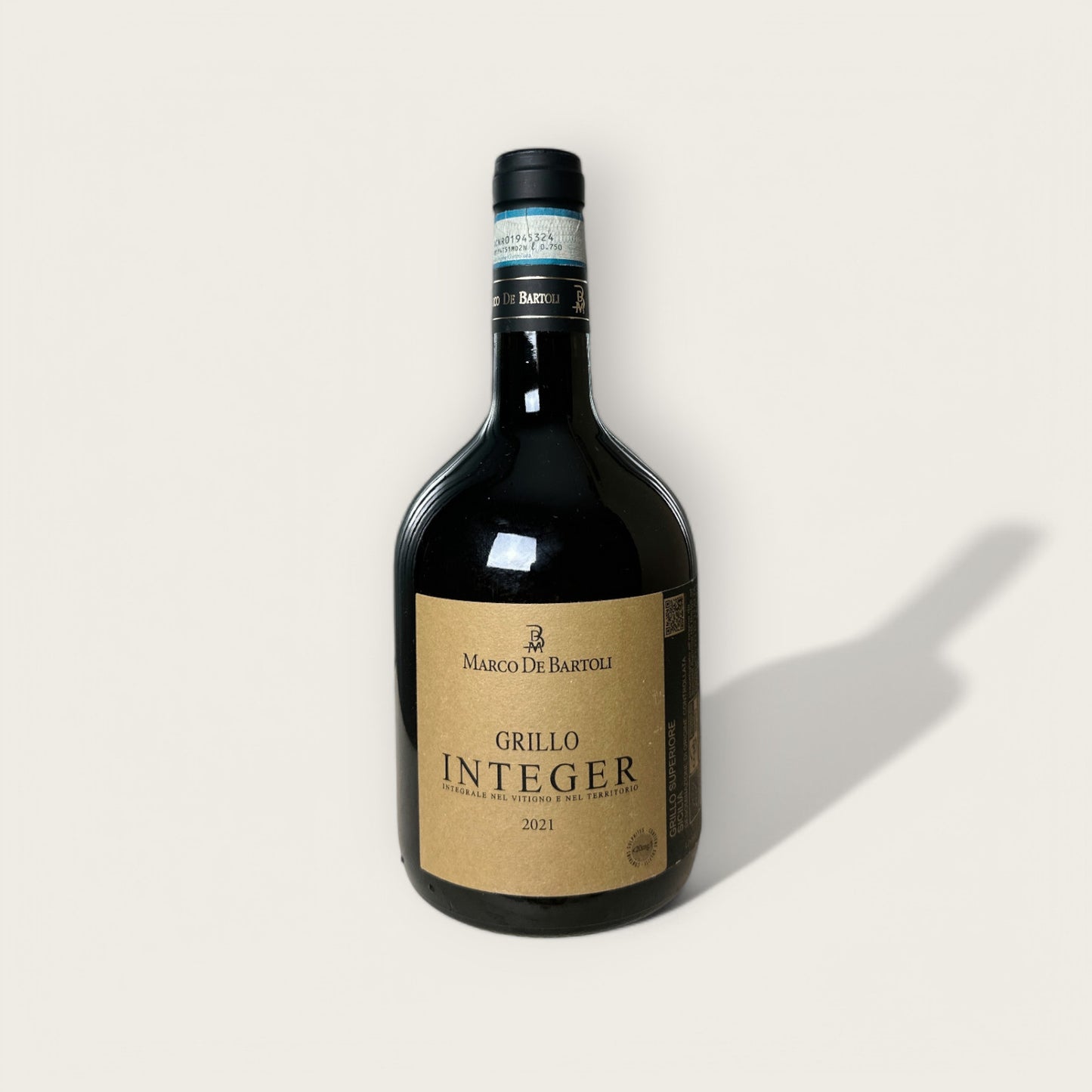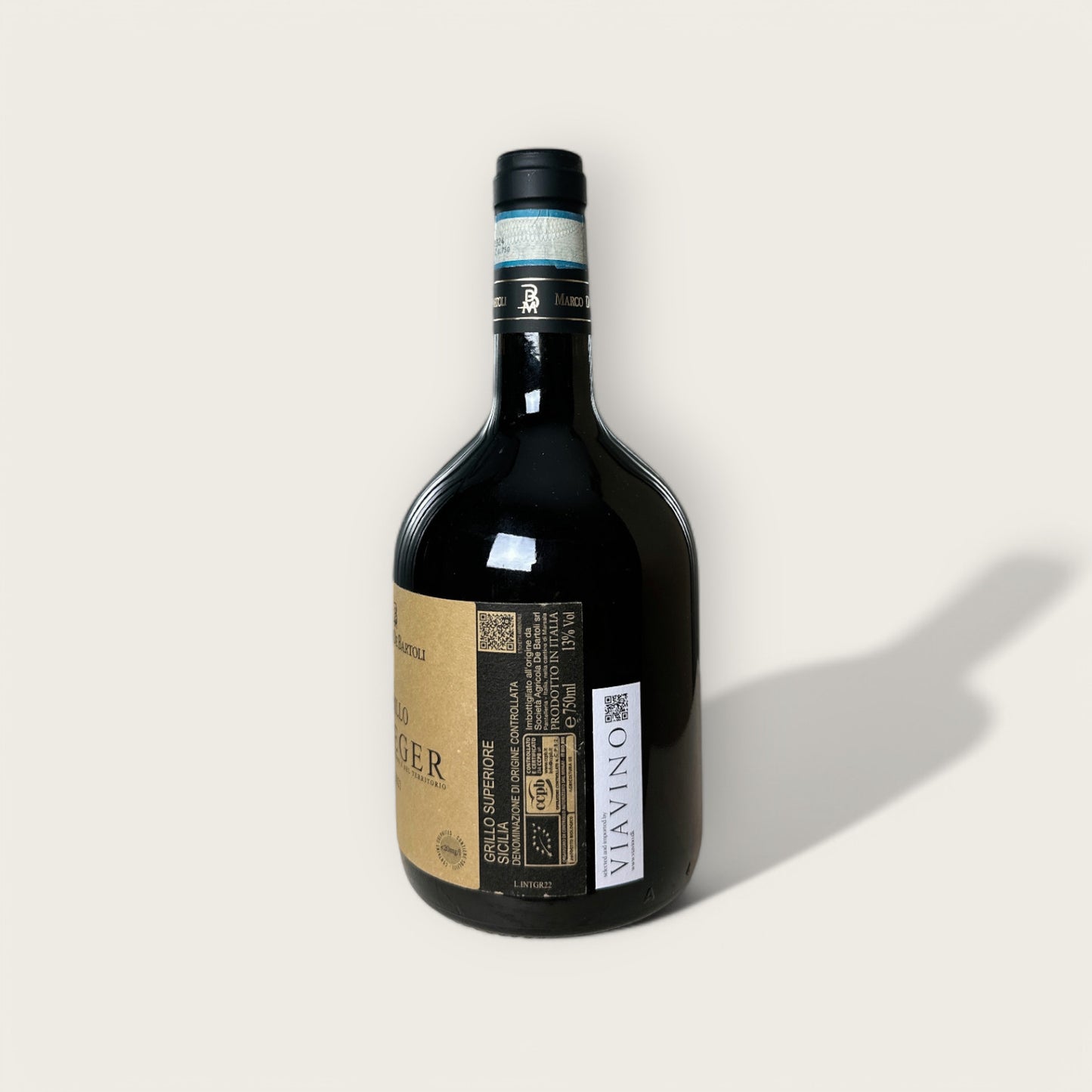Stay up-to-date with the latest news, exclusive promotions, and exciting events by subscribing to our newsletter! Sign up now and receive a 10% discount on your first purchase. Don't miss out on this great opportunity to stay connected with us and get access to special offers!
2021 Marco De Bartoli – Integer – Grillo Superiore – DOC
- Tax included.
100% Zibibbo
2,500 Zibibbo vines per hectare, originally planted between 35 and 50 years ago in Contrada Bukkuram, Pantelleria, on volcanic, terraced slopes, as low, free-standing bushes trained with the “vite ad alberello” system, declared by the UNESCO World Heritage agricultural practice on November 26th 2014. The yields are of 2.5 tons per hectare, picked the first ten days of October. After a manual selection of the indigenous grapes, the clusters are gently destemmed, to start a maceration that lasts for all the fermentation process, with wild yeasts, without any pumping over and punching down, in open vats and clay amphorae, and with no control on temperature. After the racking, the wine ages in the same barrels and amphorae, on the lees for a year circa, at room temperature. The wine is bottled without filtering and fining, as it gets clear through natural decanting, and is sulfites free as well.
Grape Variety:
Alcohol: 13.0%
Serving Termperature °C: 12-14°C
Ageing Potential: 5-10 years
Terroir: Samperi - Marsala
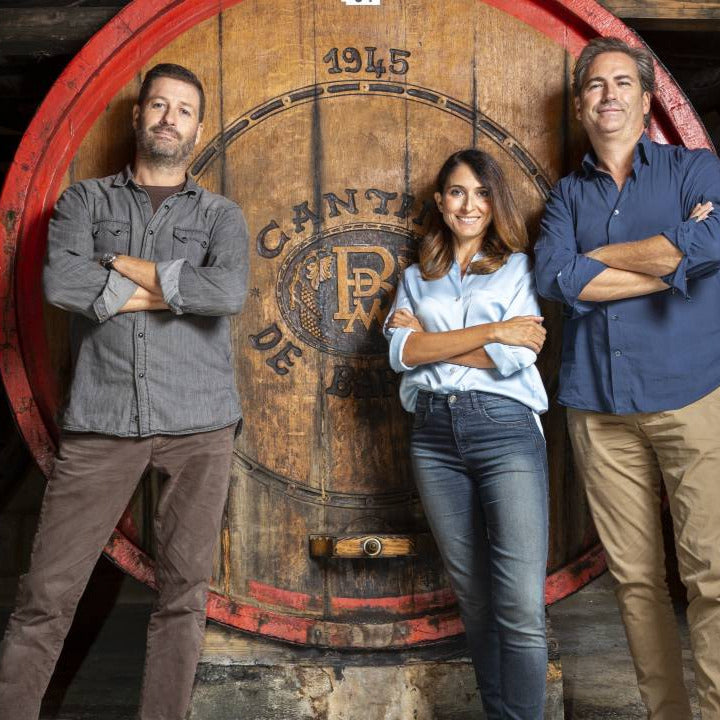
Marco De Bartoli
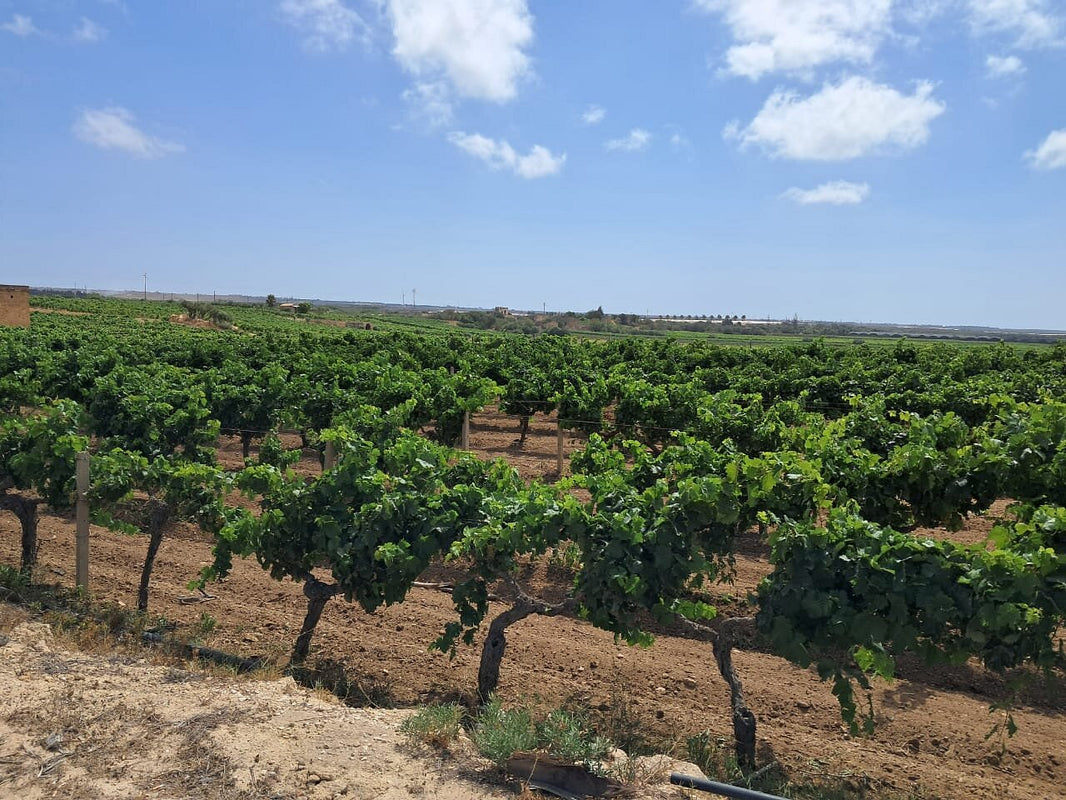
Samperi - Marsala
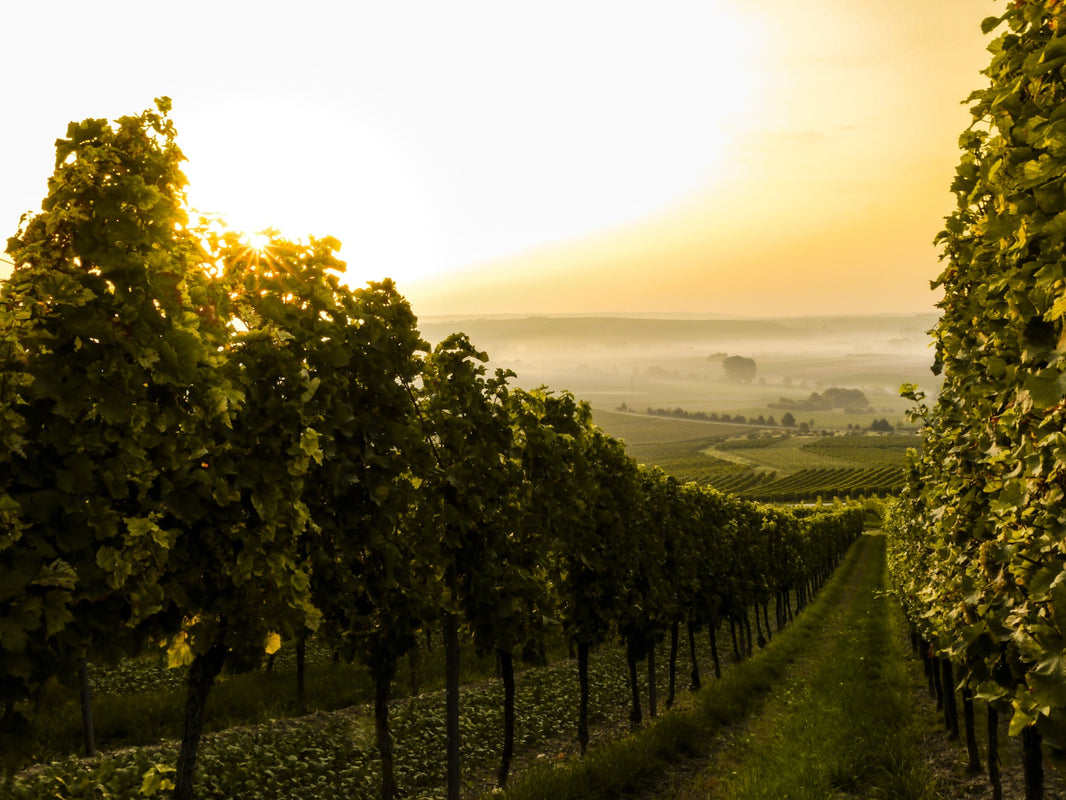
Sicilia

